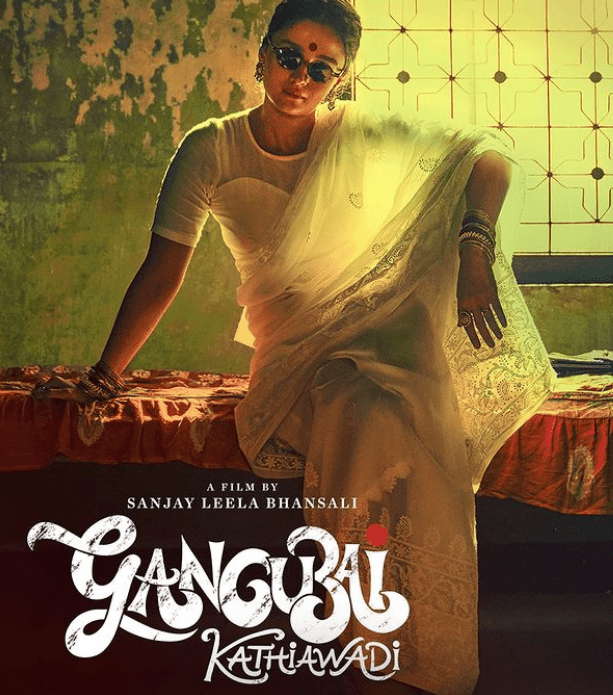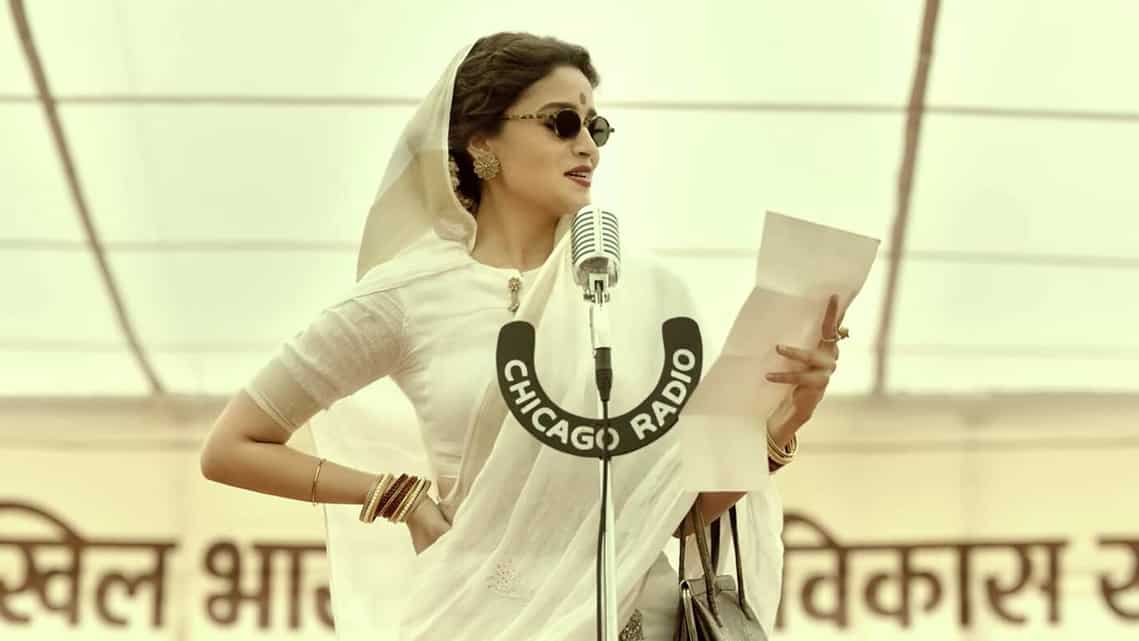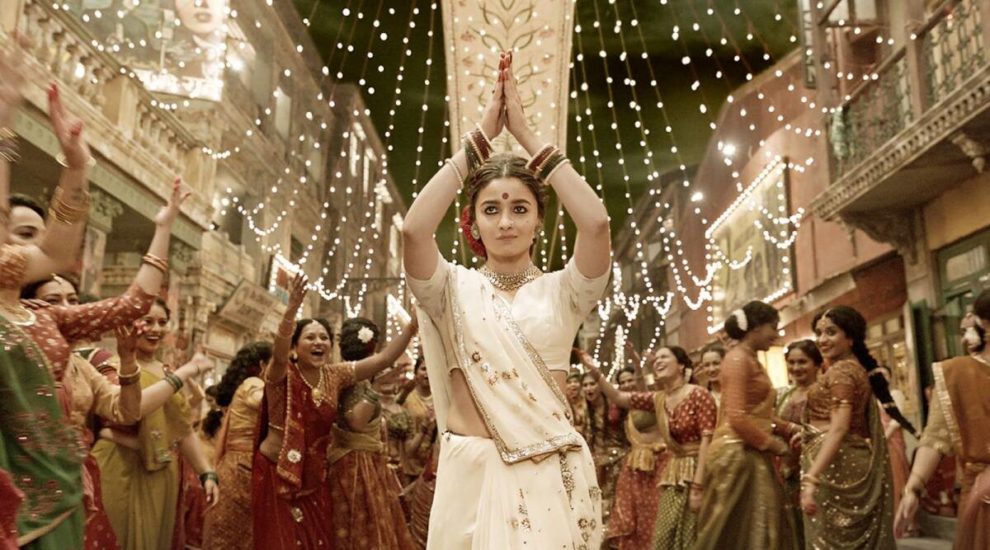
The Indian Hindi-language film Gangubai Kathiyawadi, is inspired by the true story of Ganga Jagjivandas Kathiawadi, popularly known as Gangubai Kothewali, whose life was documented in the book Mafia Queens of Mumbai written by Hussain Zaidi with original research by reporter Jane Borges. This publication gathers the stories of thirteen women who influenced the Indian city, one of them being the woman that inspired Sanjay Leela Bhansali and Utkarshini Vashishtha for the screenplay of this film.
The biographical crime drama — directed by Sanjay Leela Bhansali and produced by Bhansali and Jayantilal Gada — premiered at the 72nd Berlin International Film Festival and is now available on Netflix. The story is set in India during the Fifties, and stars Alia Bhatt as the titular character with Ajay Devgn, Shantanu Maheshwari, Vijay Raaz, Indira Tiwari, Seema Pahwa and Varun Kapoor in pivotal roles.
The narrative follows the phoenix journey of Young Ganga, a girl from a highly educated and affluent family in Kathiawad whose destiny brought her to become a sex worker, yet she managed to embrace circumstances and turn them in her favour. Ganga’s passion for filmmaker Dev Anand and her aspiration to work in movies triggers her to flee to Mumbai at sixteen, with her twenty-year old husband Ramnik Lal. Yet, within a few days of the marriage, Ramnik sells Ganga to a brothel (kuntankhana) for one thousand rupees. Thus begins the life of Gangubai as a prostitute, who in a short time becomes the head of the kuntankhanas in Mumbai’s expo neighbourhood and the an advocate for women’s empowerment and the rights of sex workers in her country.

Alia Bhatt’s performance as this iconic activist is tender and mystical at the same time, she coveys all the nuances of womanhood in the character of Gangubai, as well as her charismatic leadership that intimidated whoever she met. She is gentle yet tungstenic, naïve yet cunning, uncompetitive yet ambitious and through this charming mixture of oxymorons she is always self-sufficient. As the daughter of a barrister, Gangubai has a way around words. In spite of the emotional and physical violence that she endures, Gangubai remains a raconteur at heart. There is an emblematic scene where she expounds on the various shades of white in the sarees she wears, that can be the colour of chand, badal, baraf, doodh, namak. Her ability to convey stories transforms her into the spokesperson of a movement that will have an irrevocable effect on human rights and gender politics in India. Hence, the actress pays a great homage to the Indian champion who lobbied in favour and revolutionised the lives of those working in the sex industry, and also helped improve the well-being of orphans.
This is not the first time that filmmaker Sanjay Leela Bhansali dwells upon these issues through charming women who refuse to be confined by their circumstances. In fact some of his previous works that explored the world of prostitution include his much acclaimed Devdas (2002) and Saawariya (2007).

Gangubai Kathiawadi is the fifth-highest grossing Hindi film of 2022 so far and — beyond the theme and main character — there are many elements that have allowed it to win such a position. The visuals are larger-than-life, as Mumbai’s notorious red-light district becomes a vivacious “mohalla” filled with histrionic personalities. The storytelling has an element of Bollywood musicality, with engaging songs and choreographies that weld efficaciously with the poignant depiction of human trafficking and the various forms of trauma faced by women working in the sex trade.
There is pure lyricism in the way these performances stage the doleful issues, almost to exorcise them through dance and song.
Very often it is questioned if men can be the storytellers of female lives.
Sanjay Leela Bhansali proves himself worthy of the task by showing in his Gangubai Kathiyawadi that a woman can be frail and strong, seductive without being vulgar, and that she can empower herself and others from a place of loneliness. Defiance and determination are presented with grace and inspiration through a celebration of feisty feminism.
Final Grade: A


Thank you for another informative blog. Where else could I get that kind of info written in such a perfect way? I have a project that I am just now working on, and I’ve been on the look out for such information.